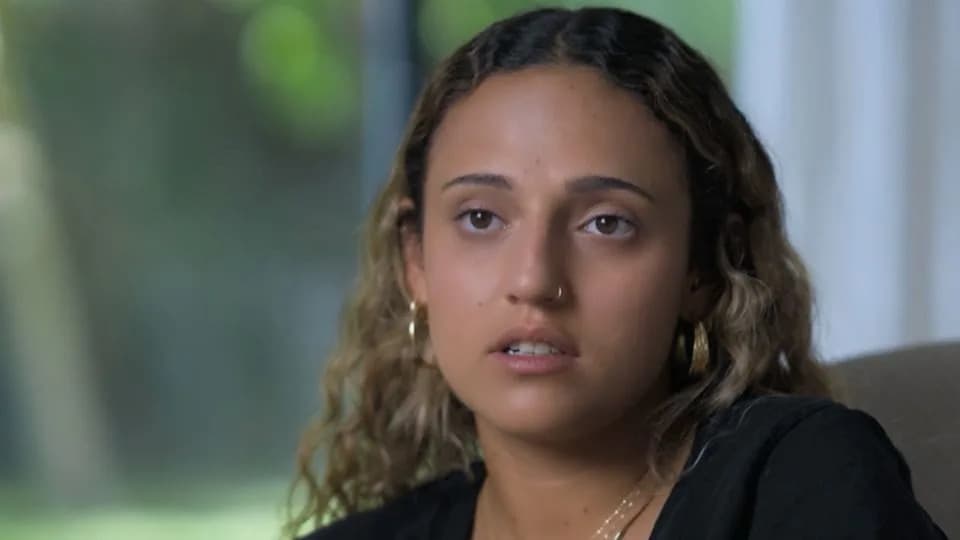Russian court extends detention of 18-year-old street singer
A St. Petersburg court on Tuesday ordered 18-year-old Diana Loginova held for an additional 13 days in connection with an October street performance that prosecutors say violated public order. Rights groups and activists say the repeated short detentions are punitive measures for performing songs critical of the Kremlin and the war in Ukraine.
Loginova, a music student who performs under the stage name Naoko and is a member of the band Stoptime, has been in custody since her initial arrest on Oct. 15. The recent order was described as her third consecutive short detention without more serious criminal charges being filed.
She was also ordered to pay fines on charges of “discrediting the Russian armed forces.” Fellow Stoptime member Aleksandr Orlov (sometimes spelled Alexander Orlov) has received repeated short sentences alongside Loginova; both musicians deny any wrongdoing.
“The repeated arrests of Naoko and her bandmates are punishment for their public performance, which have become a breath of fresh air in a country gasping under repression and self-censorship,” said Denis Krivosheev, Amnesty International’s deputy director for Eastern Europe and Central Asia.
Human rights activists say Loginova and other Stoptime members were targeted after performing songs by musicians who opposed the Kremlin's February 2022 invasion of Ukraine and later left Russia. Video footage of the October performance, showing crowds joining in lyrics critical of the Kremlin and the war, circulated widely online and prompted calls from pro-Kremlin activists for police intervention.
The high-profile case inspired solidarity performances in several Russian cities; those events also resulted in arrests and fines for some participants. Amnesty International has called the pattern of repeated short detentions “carousel arrests,” arguing the tactic is used to keep dissenting voices behind bars without escalating to more serious criminal charges.
Since the 2022 invasion of Ukraine, Russian authorities have intensified a crackdown on dissent, targeting independent media, rights groups, civil society organizations, LGBTQ+ activists and some religious groups. Human rights monitors report hundreds jailed and thousands who have fled the country.
Amnesty and other rights groups are demanding the immediate and unconditional release of Naoko, Aleksandr Orlov and other street musicians detained for anti-war protest, saying their actions fall within the right to freedom of expression.



































